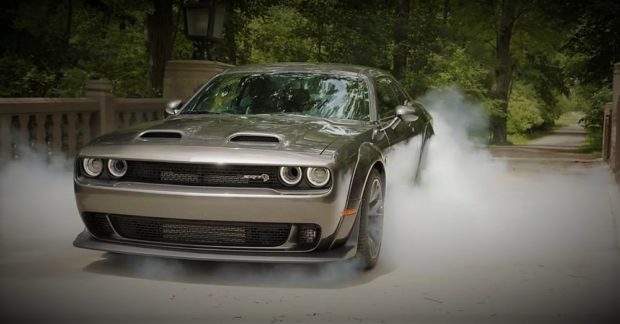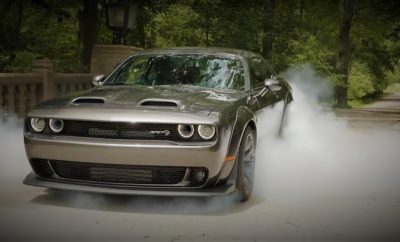
By Dave Ashton
With the ever looming future of electric vehicles hovering over the muscle car world, a question that is being asked is, ‘should I convert my muscle car ICE engine to an electric powertrain?’ At this early stage, most fans would say no, but some muscle car owners are either mulling over the idea or have performed the conversion already. In today’s ramblings will go over some of the pros and cons.
Should I convert my muscle car engine to an electric powertrain?
The process of converting a regular ICE powertrain to an electric is very doable, but the practicalities are a different matter. The logistics and expense of an electric conversion can be costly.
For the average new LS crate engine with roughly 450HP, will set you back around $5-6K. Depending on the transmission, add on a few thousand more, then the cost of fitting (excluding a visit to the boneyard for second-hand versions, currently not a thing for Ev’s).
An EV conversion kit is not as standardised as picking and choosing your engine and transmission from the many outlets available on or off-line. At this point, there are simply less tried and tested kits and fitters. An EV conversion kit may cost $8000, plus another $3000 for the battery. Then it’s down to cost and time fitting the thing.
One documented example of a conversion is of a 1972 Plymouth Satellite from Fortune.com, using the guts of a Tesla Model S. The end result is a 636HP vehicle, but the process took a year and a half and cost $60,000 (not documented in the article, but presumably including the cost of the vehicle.)
The above example is not to say there aren’t better cost and time-effective solutions. But, we are still in the early stages of retrofitting electric powertrains and battery technology. It may be an easy decision to convert a cheap 1980s vehicle to electric, but maybe not a rare 1970s Plymouth Superbird.
Electric powertrains, battery technology, and all the connecting bits are advancing rapidly. So, is it worth holding off for a few years until the technologies and processes have become more standardized?
What are the disadvantages to an electric car?
EVs have loads of torque compared to an ICE engine, are generally cheaper to run, and now the range isn’t a problem. However, EVs can be susceptible to charging times, currently finding a charging station, and the cost of entry. Battery packs can also be expensive to replace, with problematic areas being reported in cabin display screens, failing sensors, and battery connections. Fixing these areas is not as simple as popping down to your local mechanic anymore. They need more specialist skills and equipment, most likely from a dealer.
How many years will an electric car last?
The longevity of an electric car is usually done to its battery life. Current electric cars use lithium-ion batteries with roughly 10 years or a hundred thousand miles of life. Therefore, longevity should not be a problem.
What maintenance do electric cars not need?
EVs have less mechanical components, thus there is no need for things like oil changes, changing of other fluids, drive belts and the like. This doesn’t mean EVs are maintenance-free, especially with older versions that lose the ability to hold a full charge. However, this is a null point if you have a muscle car retrofitted with an electric powertrain, as the kit should include the latest technologies.
Are EVs as fast as fuel cars?
Let’s face it, a muscle car owner isn’t going to swap out their precious V8 engine for an electric powertrain for 100% eco-ideals. They want the same levels of power and performance, tons of instant torque, more power, and I forgot to say more power. Otherwise, what’s the point…
Currently, an EV is quicker off the line than an ICE engine but a sporty ICE car can hit higher top speeds. What the upcoming Dodge electric will do numbers-wise is anyone’s guess, but currently using the proper term of fast, ICE engines are still generally faster. However, the instant torque of EV vehicles is bound to appeal long-term to drag racers.
Conclusion
In many cases, the decision of converting a tried and tested V8 to an electric powertrain will come down to the cost and value of the initial vehicle. Rare muscle cars should be left off the table and left as is, but more generic base vehicles could be likely candidates for an EV conversion.
As with all technologies, the price of entry decreases over time. Leaving out the factors of nostalgia and emotions which is hard to do, the decision to convert an old muscle car to electric is always going to be a hard one. There are too many variables currently to be decisive one way or another, thus converting a muscle car to electric is a very personal decision.
Personally, I would wait at least a few years, then check out conversion prices and how many electric muscle cars have popped onto the market.
VN:F [1.9.22_1171]
VN:F [1.9.22_1171]
Source link


